There are plenty of business owners and digital marketing generalists who can handle the day-to-day management of their own SEO.
Even at the corporate level, you can have web developers, content creators, and others performing tasks that support your SEO program.
However, there are some situations that absolutely require an experienced SEO professional to solve.
Trying to tackle major problems yourself can lead to an inordinate amount of frustration and lost revenue.
So how do you know when the situation calls for the intervention of a seasoned professional?
Here are five times when you absolutely should hire an SEO.
1. Google Search Isn’t Indexing Your Website Or Pages
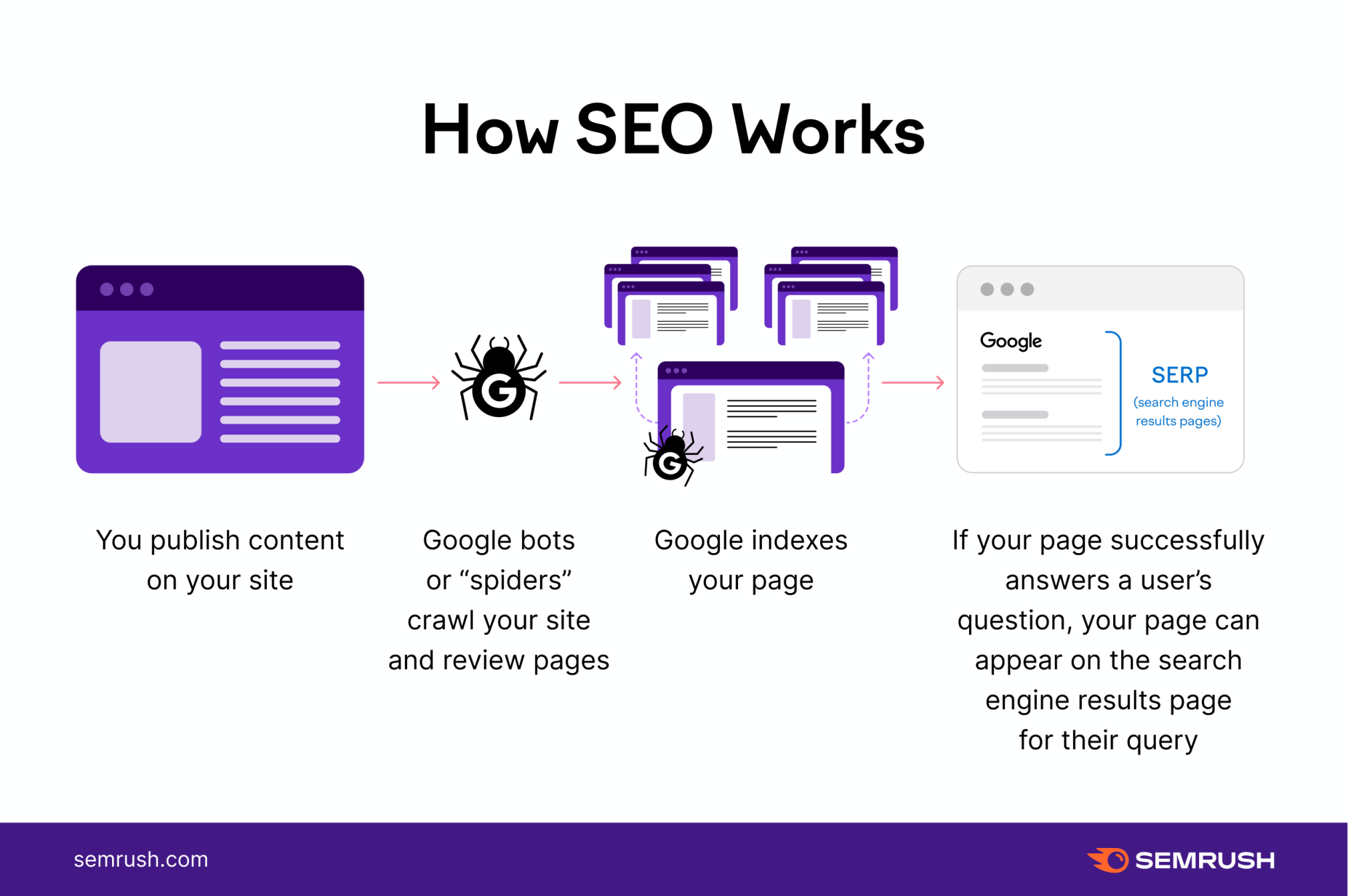
Troubleshooting why your website is missing from Google search results is best handled by a professional.
An experienced SEO will not waste time and know what to look for.
It could be a simple oversight that prevents Google from crawling your website or a more complex issue with your website’s structure or URL parameters.
It’s possible that your content has been plagiarized or that Google thinks it’s too similar to another page on your site.
There are many different reasons and an SEO professional can help solve the problem and get your website indexed and visible on Google.
2. During A Site Migration Or Redesign
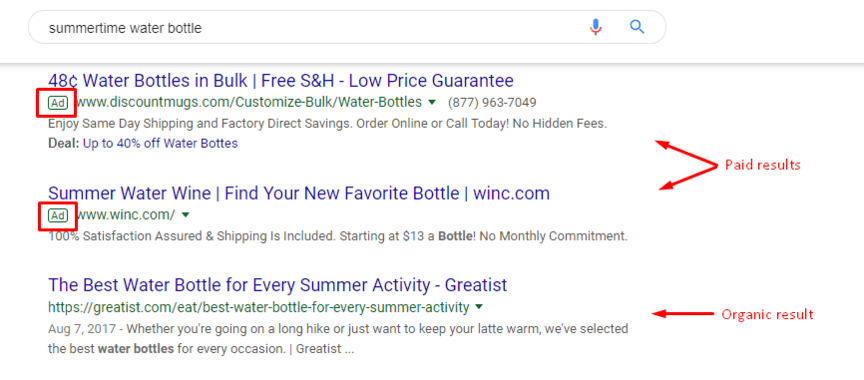
Anytime there are major changes to a website’s domain, CMS platform, design layout, navigation, URL structure, etc., there are risks involved.
Blindly putting your website in the hands of a good web designer is not a good idea.
As a business owner, you need to understand how the changes made to your website can impact your organic search traffic.
You want to consult an SEO expert who handles site migrations to get a complete overview of the various needs and technical requirements.
An SEO can help you create a plan to mitigate risk, help manage the migration, and watch for post-migration traffic anomalies.
3. When Organic Traffic Drops
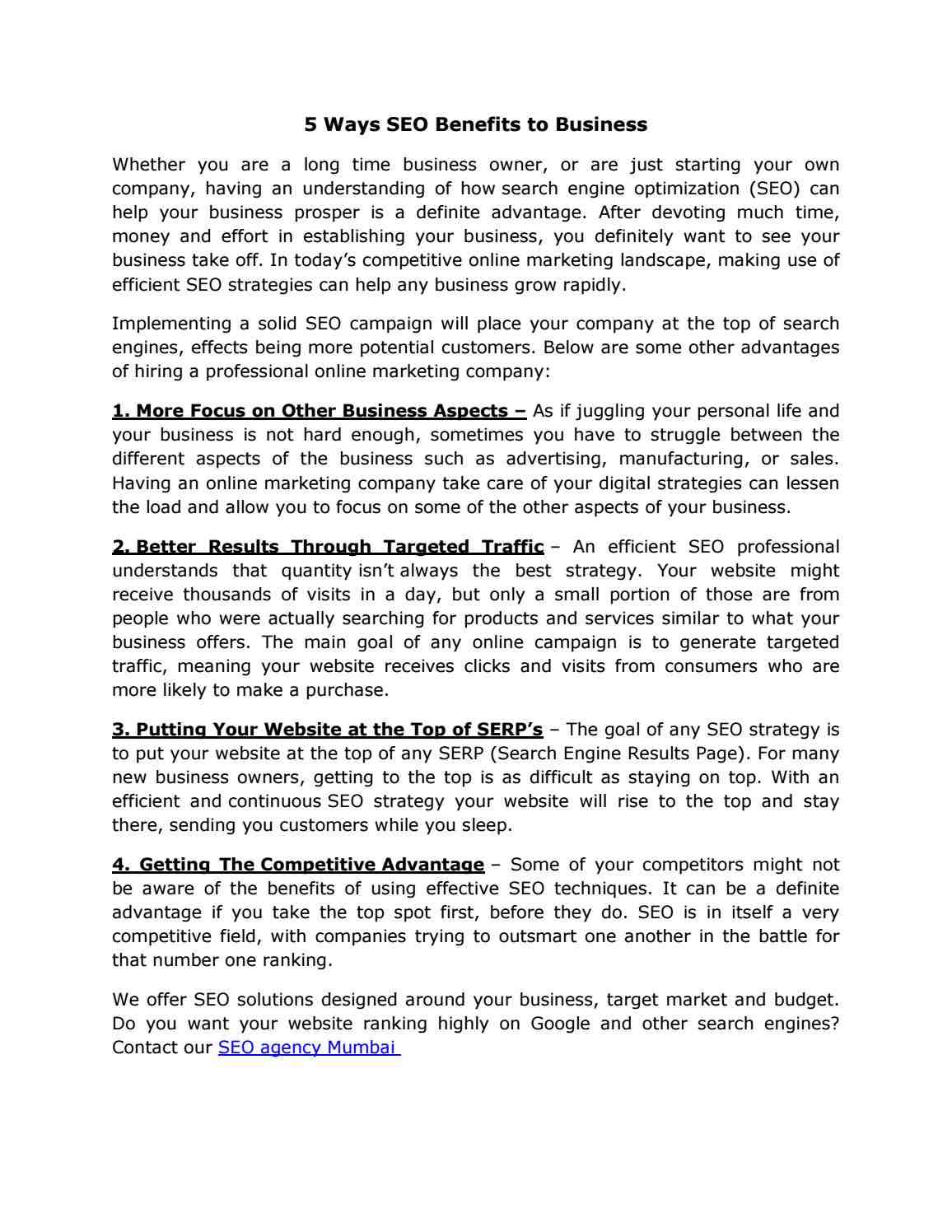
If you notice that your Google search traffic is declining, do you know what to do?
Drops in site traffic can happen for many reasons, and most of them can be reversed.
It is not always easy to solve this, which is why hiring an SEO consultant is a good idea.
It could be a reporting error or seasonal trends, an algorithmic change affecting the site at the page level, or a technical issue such as a manual action affecting the site.
A professional SEO can assess your search traffic trends and detect the most likely cause of your traffic loss and provide a clear path to correct the drop.
4. To Reverse A Manual Action
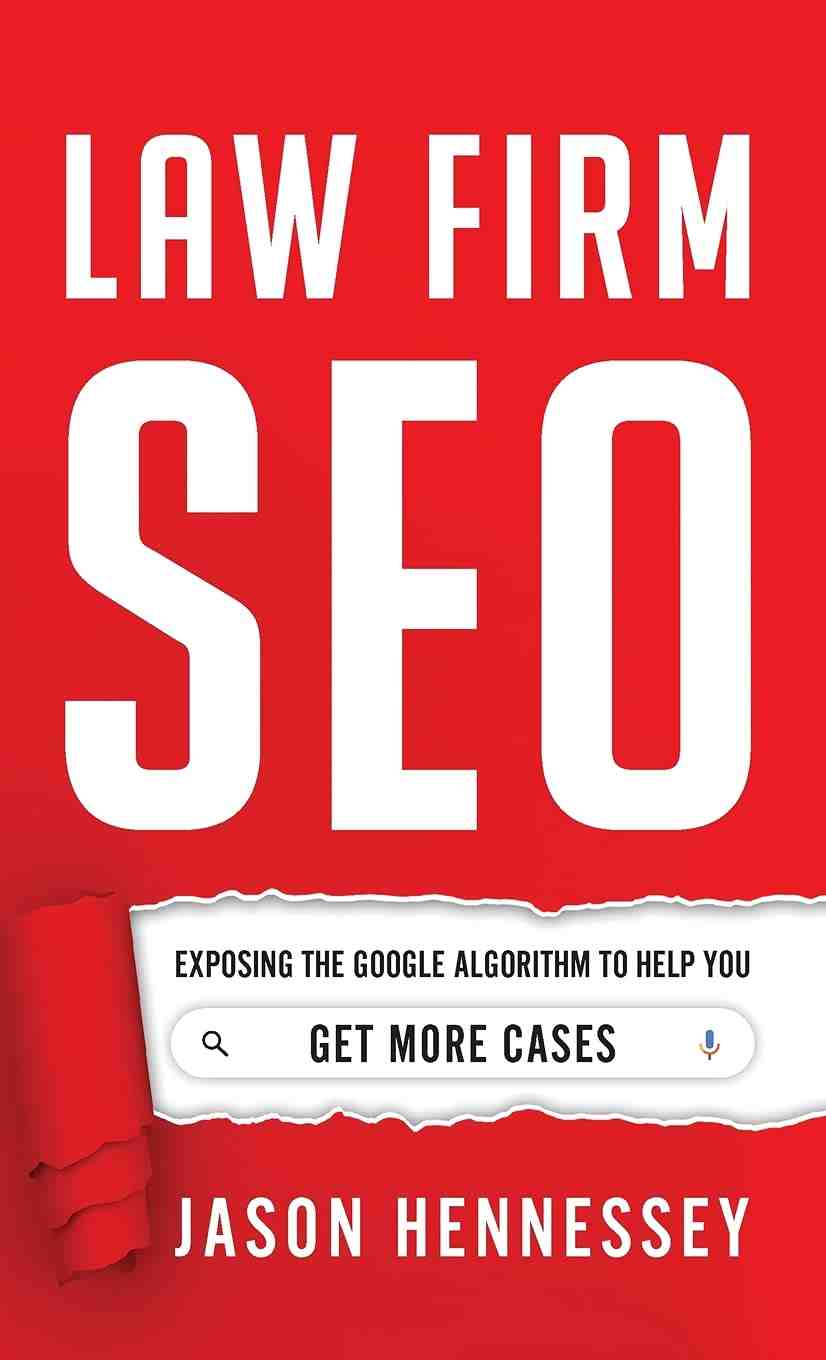
If you suspect that the drop in organic traffic is due to manual action, the first step is to detect what type of manual action has taken place and which pages are affected.
You must resolve all issues on all affected pages before submitting a review.
A review review will explain the exact quality issues on your site, the efforts and steps you took to resolve them, and document the results of your efforts.
It needs to reassure Google in good faith that it won’t happen again, you have turned the corner and will not continue to spam the internet.
All this should be handled with care and by someone experienced in navigating manual actions.
5. Not Getting Results From SEO Strategy
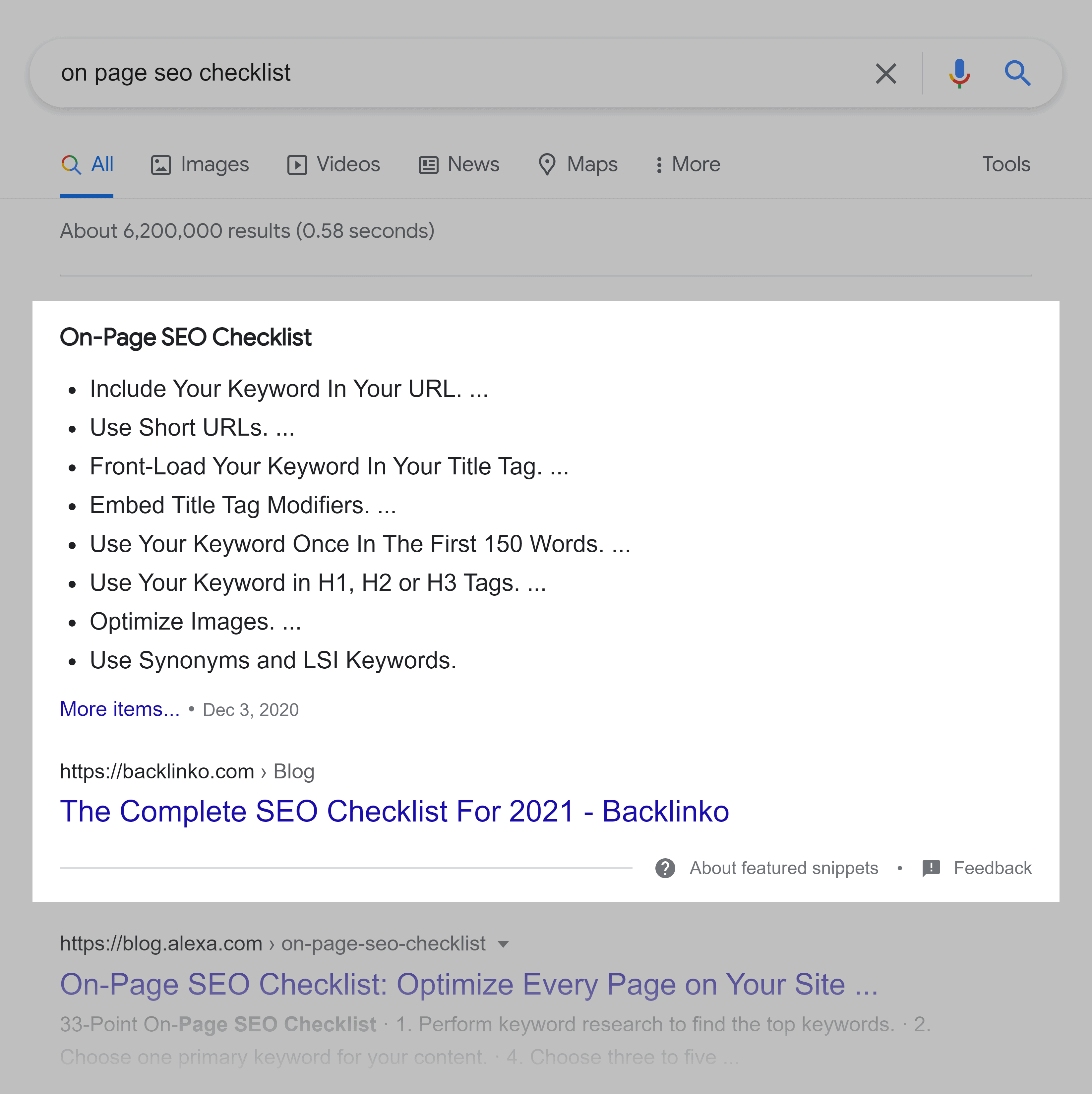
Perhaps you have worked with a junior SEO or a well-known SEO agency and are not seeing the results you expect or need from your organic channel marketing efforts.
Maybe your SEO strategy worked really well and you were too busy to spend the time it takes to keep the main machine running smoothly.
Maybe you’ve been into SEO and don’t enjoy it anymore.
Whatever the reason, if you’re not happy with your current organic strategy, then it’s time to hire an SEO.
Listen to your intuition, clear the mental space and continue to tackle other aspects of your business that inspire joy.
Choosing An SEO
I’ve worked in search marketing for over a decade and during this time I’ve seen long-term marketers share bad advice and newcomers really good advice.
I’ve seen people quickly gain popularity and know a few who prefer to fly under the radar.
So this list will not contain years of practice or any reference to popularity statistics.
However, these six tips will help you choose an SEO that best fits your business goals.
1. Clear Communication
Communication is number one. You need to understand what your SEO recommends, how it is implemented and how the results are tracked.
Ask for an explanation if something is not clear.
Ultimately, it’s your business that’s at stake, so it’s in your best interest to know exactly how a marketer wants to help you.
Google warns that deceptive or deceptive tactics, such as doorway pages or “throwaway” domains, could result in your website being removed from Google’s index.
There is a level of comfort and ease that you feel when you know that someone wants the best for you.
Red flags will arise when you feel like “just a number” and move on quickly without any explanation.
2. Strategy Aligns With Your Business Goals
Be prepared to pay upfront for an SEO audit so that the strategy can be tailored to your business goals.
Before signing a contract or agreeing to work with someone, make sure their idea aligns with your own idea for your business.
While it’s true that marketers can’t promise or otherwise guarantee results, they can align their strategy and goals with what you define as a win.
For example, let’s say you hire an SEO because the leads your website is currently generating are not good.
If the SEO you’re chatting with reviews the Google Search Console and says, “Hey, you can increase traffic by 300% by taking this keyword from position seven to position three!” – that’s not a good match.
You don’t want to drive traffic to pages that generate poor quality leads.
If the SEO you’re chatting with plans to talk to your sales team to define a good keyword strategy, you now have someone listening to your business’s needs and working to help you achieve your goals.
3. Knowledge Of SEO
There are many different specialties within the general term of search engine optimization.
For example, if you are going through a site migration, look for an SEO with technical skills.
Whereas, if you rank well and have lost traffic, you want someone who has a good understanding of organic content strategy to regain your keyword rankings.
Maybe your website is technically sound and you have content that converts well, and now you are looking for someone with PR chops to gain more backlinks.
Just like when you build an app, the developer needs to be able to code in that language. The SEO you hire should have knowledge of the type of SEO your website needs.
4. Cost Of Service
Before you start looking, it’s important to establish a marketing budget where you can’t reasonably expect results for the next six to 12 months.
The cost of SEO services varies widely depending on the type of service, provider and subscription.
In 2022, SEO packages are not as common as a monthly commission.
For local SEO, the pricing range is between $300 and $1,500 per month, while national or international commissions fall between $5,000 and $10,000 per month.
Hourly rates for SEO consultants are between $75 and $1,500 per hour.
5. Expectations
When hiring an SEO, make sure you have your expectations under control.
A 2017 study tracked keyword positioning on 2 million pages over the course of a year.
After one year, only 5.7% of all pages surveyed were in the top 10 search results for at least one keyword.
Proving SEO is a long-term game.
It took between two and six months for the “lucky pages” to reach the first page.
Actually, I shouldn’t call these pages “lucky” because there was probably some SEO at work behind the scenes.
6. Ask For References
Even if an SEO shares great results on social media, or is referred by a friend, or has great case studies, ask for references.
Just like you would when hiring an employee.
When checking references, ask questions to find out if the SEO guidance was helpful and sustainable.
The hallmark of a good SEO is their ability to integrate the optimization processes into the overall business.
You want to make sure that the SEO practitioner focuses on long-term gains and not just quick fixes.
Questions To Ask When Hiring An SEO
When hiring an SEO questions like, “How are you going to improve my website?” are not helpful because they may have a different idea of what “improve” means than you.
Try to formulate your questions in such a way that you can get a better idea of whether their processes align with your business objectives.
Here are seven questions to ask when hiring an SEO:
Final Thoughts
Many SEO best practices can be handled in-house once you have the basic SEO skills and processes in place.
However, there are situations where it is better to hire a professional SEO, such as a site migration or reversing a drop in organic traffic.
During the hiring process, be sure to ask questions that will help you find an SEO that aligns with your marketing goals.
Featured Image: insta_photos/Shutterstock
SEO stands for ‘search engine optimization’. It is the process of increasing your website traffic through search engine results. This makes your website easier to find. When potential customers search for terms related to your brand, they have a higher chance of discovering your website and becoming a customer.
What is an example of SEO?
How they determine the “best” result is based on an algorithm that considers authority, relevance to that query, loading speed, and more. (Google, for example, has over 200 ranking factors in their algorithm.) In most cases, when people think of “search engine optimization”, they think of “Google SEO”.
What are the 4 types of SEO? Here are four main types of SEO that you can get started with.
- SEO on the page. On-page SEO, also known as on-site SEO, is the process of optimizing the content on your website. †
- Off page SEO. Off-page SEO is pretty much anything that doesn’t happen on your website. †
- Technical SEO. †
- Local SEO.
What are two examples of on-page SEO?
On-page SEO refers to the SEO elements you control on the web page, or the web page code, itself. Examples of on-page SEO include content, headlines and headers, image optimization, title tags, meta descriptions, structured data, and more.
What is on page SEO and its types?
| Type | Short description |
|---|---|
| SEO on the page | All measures you take to make your web page rank higher on search engine results pages (SERP) are covered by On-Page SEO. |
| Off page SEO | This refers to anything you do outside of your site to do better and appear higher in Google’s SERPs. |
What is on page optimization examples?
On-page optimization (also known as on-page SEO) refers to all measures that can be taken directly within the website to improve its position in the search results. Examples include measures to optimize content or improve meta description and title tags.
What is an SEO in a website?
SEO – Search Engine Optimization: The process of making your site better for search engines. Also the job title of someone who does this for a living: We just hired a new SEO to improve our web presence.
What does it mean to SEO your website?
Search engine optimization (SEO) is the practice of orienting your website to rank higher on a search engine results page (SERP) so that you receive more traffic. The goal is usually to rank on the first page of Google results for search terms that mean the most to your target audience.
Can I do SEO on my own?
You can absolutely do SEO yourself or DIY SEO (Do It Yourself SEO). With some research and a lot of practice, anyone can learn how to do SEO for their business. A quick way to get started with SEO is to enter your URL here and then focus your SEO efforts on the recommended action items.
Why do I need SEO for my website?
SEO is made up of multiple elements, and knowing what they are and how they work is essential to understanding why SEO is so important. In short, SEO is crucial because it makes your website more visible, which means more traffic and more opportunities to convert prospects into customers.
What is an example of SEO?
How they determine the “best” result is based on an algorithm that considers authority, relevance to that query, loading speed, and more. (Google, for example, has over 200 ranking factors in their algorithm.) In most cases, when people think of “search engine optimization,” they think of “Google SEO.”
What are keywords for SEO?
Keywords are ideas and topics that define what your content is about. In terms of SEO, these are the words and phrases that searchers enter into search engines, known as “search queries”. If you cook everything on your page – all images, videos, copies, etc.
What are the 4 types of keywords? When we research a user’s intent behind a search query, we classify all keywords into four main categories of intent: commercial, transactional, informational, and navigation. We are going to identify what these types are with a brief breakdown of each type.
What are the examples of keywords?
Keywords are the words and phrases that people type into search engines to find what they’re looking for. For example, if you want to buy a new jacket, type something like “men’s leather jacket” into Google. Even though that sentence consists of more than one word, it is still a keyword.
What are keywords give any four examples?
Keywords are reserved words in Java, which have special meaning in the language. Example: if, void, int, etc.
What is the keyword of a sentence?
a word that serves as a key to the meaning of another word, phrase, passage, or the like. a word used to encrypt or decipher a cryptogram, as a pattern for a conversion procedure, or as a basis for a complex substitution.
Is SEO free?
SEO Explorer is a free keyword and link research tool.
Does Google charge for SEO? There is no cost to appear in organic search results like Google’s, and making changes to improve your website’s SEO can greatly impact your search results over time. Learn more about how organic search works with Google and find tips to get started here.
Is SEO paid or free?
SEO is for organic traffic – so that’s unpaid or free listings, and SEM is for targeted ads that you pay for. They can be complementary, but only if the website itself is SEO-friendly first will SEM have a greater chance of success.
Is SEO free on Google?
Free SEO Analytics Tools With the detailed information from Google Analytics, digital marketers can adjust their content strategy and find out what works and what doesn’t. Google Analytics is one of the best free SEO tools that every digital marketer should use.
Is SEO organic or paid?
SEO is that SEM is a paid strategy and SEO is an organic strategy. Like most things in the search industry, definitions regarding search marketing have evolved. Some marketers consider SEM to be an umbrella term that includes both paid and organic strategies.
Is SEO free of cost?
| Type | Cost | Who uses it? |
|---|---|---|
| DIY SEO | Free | Solopreneurs |
| Cheap SEO | $500 to $3,000 per month | Small companies |
| Middle Class SEO | $3,000 to $15,000 per month | Established companies |
| High Quality SEO | $15,000-$30,000 per month | High Traffic Volume Websites |
Is SEO paid or unpaid?
Search marketing involves both SEM and SEO Search engine marketing (SEM) involves buying traffic using paid advertising while search engine optimization (SEO) involves traffic using unpaid methods.
What is the difference between SEO and Google Ads?
SEO works to get your site higher in the organic rankings so that you rank for customers who type search queries that apply to your content. Ads allow you to target certain keyword groups and then create an ad that promotes your site and content to those who use those keywords.
Does SEO Affect Google Ads? There have been multiple studies that have shown that SEO affects the number of clicks received by PPC ads. Google has found that when a site has strong organic search results, they will increase their click-through rate for their PPC ads on the same SERP.
What is more important SEO or Google Ads?
Adwords is more direct than SEO as you can create ad campaigns and get targeted traffic almost instantly, while with SEO you need much more time (especially for new websites) to get good rankings and traffic.
How is SEO different from AdWords?
To give a simple answer, the main difference between SEO and Google AdWords is that SEO is UNPAID or organic traffic. Google AdWords is considered paid traffic. Keep reading to learn more.
Do Google Ads improve SEO?
While Google Ads won’t directly benefit your SEO performance, there are several ways PPC can indirectly affect your SEO performance. Google Ads can help you show your content to more users, increasing the likelihood that people will share or link to your content, generating valuable backlinks.
Why SEO is better than paid ads?
SEO vs Paid Search: Placement Costs As a result, the costs associated with paid search ads can quickly escalate. SEO has no direct costs. Placement in organic results is provided for free by search engines, making it a much more cost-effective strategy in the long run.
What is SEO and Google AdWords?
Search engine optimization (SEO) is optimizing your website in an effort to achieve the best possible position in organic search results. The best organic search results appear first because they are highly relevant to your search and Google recognizes the website as the authority.
Do Google Ads use SEO?
| Function | SEO | Google Ads |
|---|---|---|
| Time | Results take time | Faster results |
| Tracking Statistics | Tracking analytics and ROI takes time | Track analytics and ROI instantly |
What is SEO explain Google AdWords in brief?
AdWords is an advertising system developed by Google to help businesses reach target markets online through its search engine platform and partner sites. These partner sites host a text or image ad that appears on the page after a user searches for keywords and phrases related to a company and its products or services.
What is the difference between Google AdWords and SEO?
To give a simple answer, the main difference between SEO and Google AdWords is that SEO is UNPAID or organic traffic. Google AdWords is considered paid traffic.
What is meant by Google AdWords?
Definition: Google AdWords is one of the services that advertisers use for online promotion of their content, brand, website, etc. through certain defined keywords to generate traffic or leads.
Is Google Ads the same as SEO?
A PPC advertising solution like Google Ads will not have the same results as SEO and will not improve your organic search results. Instead, Google Ads can help you show your ads to potential customers right when they’re looking for a business like yours.
Is SEO and Google Ads the same thing?
To give a simple answer, the main difference between SEO and Google AdWords is that SEO is UNPAID or organic traffic. Google AdWords is considered paid traffic.
Which is better SEO or Google Ads?
Google Ads is better for quick results at the top of the page and SEO is better for long-term Google ranking. If budget is more important and time is not, SEO is better. If you want to be at the top of search results on the first page like next week, then Google Ads is better for you.

